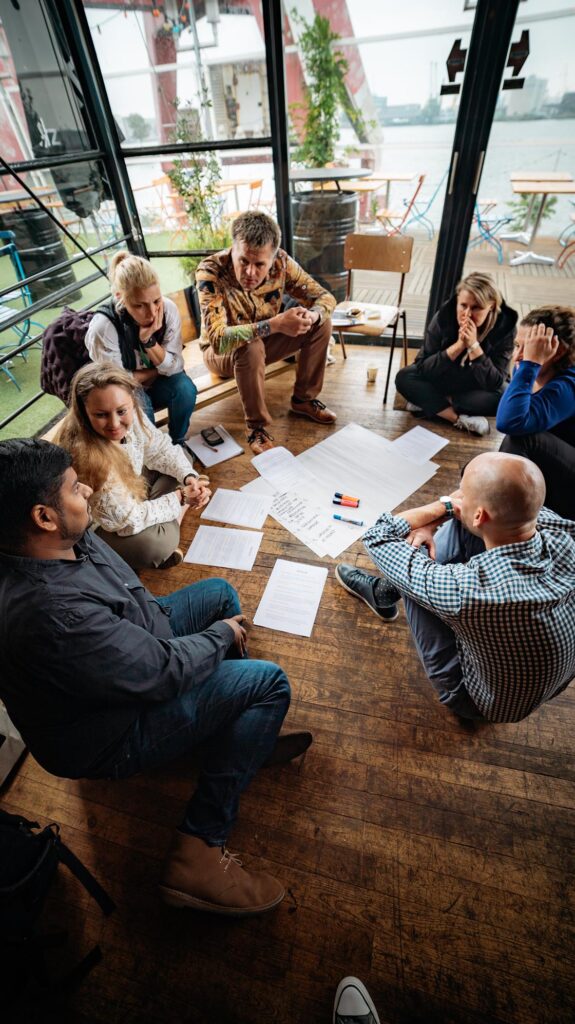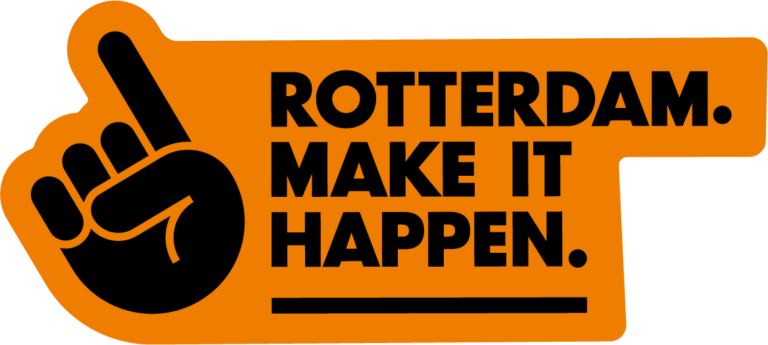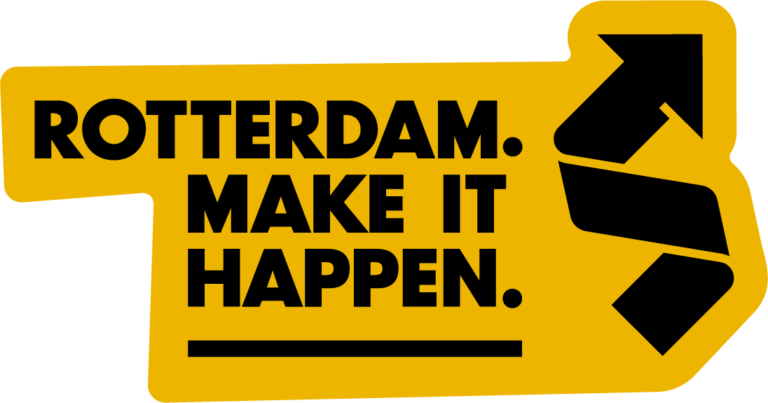The first edition (2023–2025) gathered twelve pioneering cities, from Helsinki to Reggio Emilia, from Wrocław to The Hague, who co-created the Agenda for Making Placemaking Systemic, a shared roadmap to tackle today’s urban challenges through public space.
They recognised that issues like climate adaptation, social divides, or housing inequality cannot be solved in silos but require collaborative, place-based approaches. Through eight learning milestones, these cities explored how to:
- Innovate through organisational reform and adaptive systems.
- Involve communities through co-creation and shared leadership.
- Invest in resources and opportunities for initiatives to flourish.
They committed to thinking long term and acting short term, to valuing diversity and intercultural inclusion, and to balancing the hardware, software, and orgware of the city: its physical, social, and institutional layers. Together, they demonstrated that public space is not a side project but a foundation for democracy, health, sustainability, and trust.






